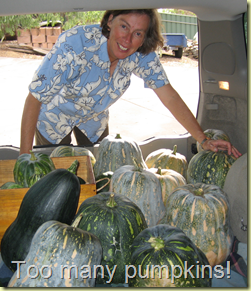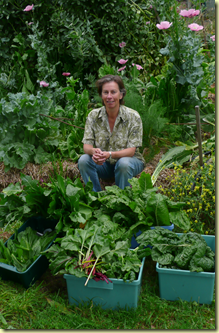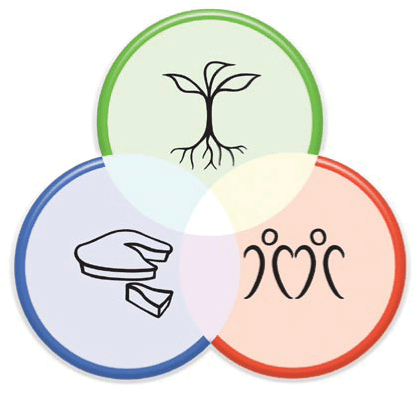It reached 7C for a short time, on my verandah today, with rain and hail lashing the windows first on the front of the house and then the back. The dairy cows in the paddock just beyond my lounge room window huddled under the oak trees that hang over the fence from my garden. As 8 sourdough workshop participants left my house, with bowls of dough to bake, thunder crashed and the wind howled like in an episode of Midsomer Murders, just before the first murder! Since then it has been a great day to be inside enjoying the warmth of a fire; after all, this is 43 degrees south; plumb in the middle of the roaring 40’s.
On such days it is nice to wander inside your head and hear what you have to say! It is also nice to listen to live radio or podcasts and hear what other people are saying about topics that interest you, all over the world. I listened to a lovely thing about a man who climbs trees and his expedition to Morocco to climb Atlas Cedar trees, under threat from over-grazing and an extremely dry decade. He took a hammock up 50m to the top of one tree and slept there. I love the bit about the tiny spider that let itself down its silk, next to him, and we both wondered about how that spider got up there and how long is its silk. It was enlightening to hear that fencing has been erected around some areas to keep sheep out. Is nowhere safe from destruction?
I listened to another about the inside of the heads of adolescents and what research is revealing. I wish I had known some of this when my sons were growing up!
My favourite, and the one that got me sitting here writing, was about vertical and roof gardens in Sydney and how the council even has an officer for such things whose job is to promote green spaces up and over as many Sydney buildings as possible. There is a lot more to it than you think so, if you can, have a look at the photos and listen to it here. In fact it was such a good, in-depth discussion that it brought a tear my eye to think that, amongst all the bad stuff we hear about these days, our very own large, Australian city of Sydney is reaching for some outside the square stars. Or maybe, finally, such innovative thinking is becoming mainstream in enlightened areas….. sadly not so here in the Huon Valley Council zone of Tasmania, however!
As I sat in front of the fire doing a bit of yoga and then started preparing dinner, I listened to myself. I said a lot of things and most of them were about 2 topics; relationships and food! If you can get them both right, you will be very healthy and very happy. I nipped outside during a patch of sunshine to pick some parsley and mint to make chermoula for my fish tagine and my eye was caught by a skerrick of red under a leaf; a luscious, late, deep red strawberry. The sky darkened again and it felt more like evening than 2pm but I stood and savoured that rich strawberry flavour, probably the best for the whole season. It felt so good, all over.
And to think that a moment before, I was listening to a woman picking strawberries out the window about 10 stories up a building in Sydney, with a smile in her voice. Snap. There is so much more to food gardening than just the food.


